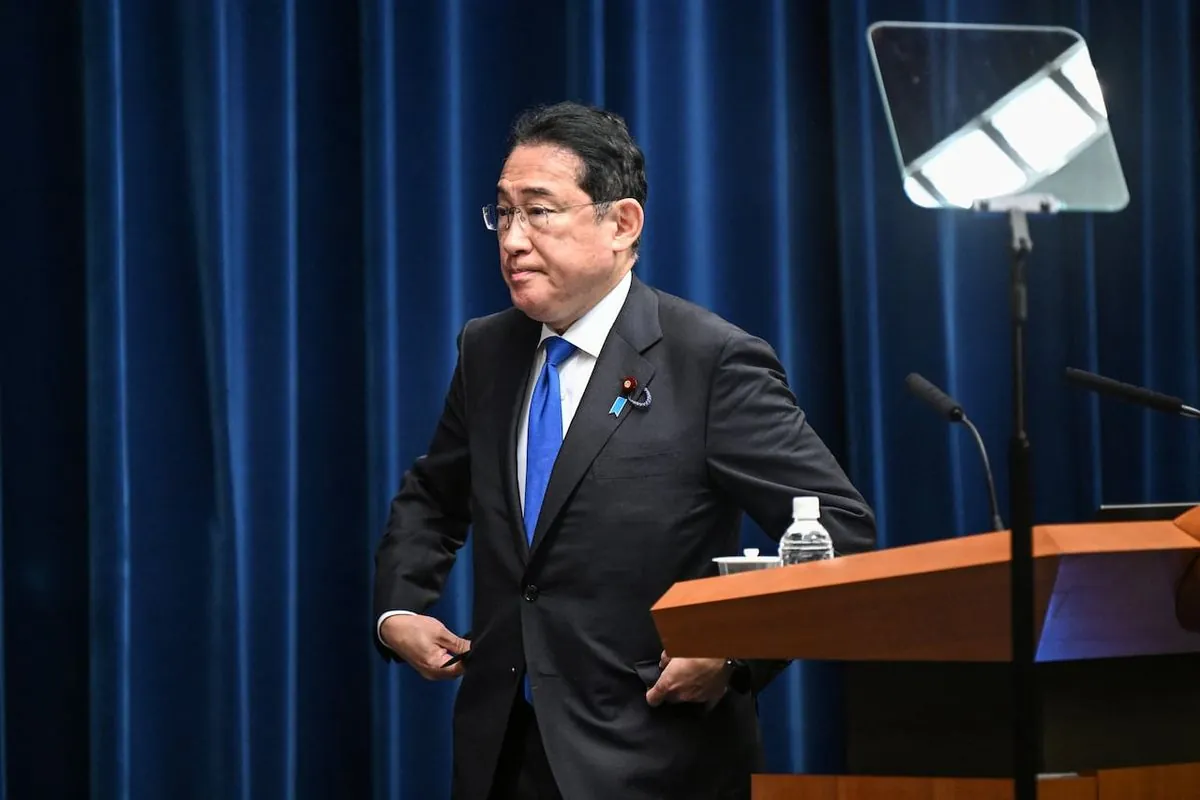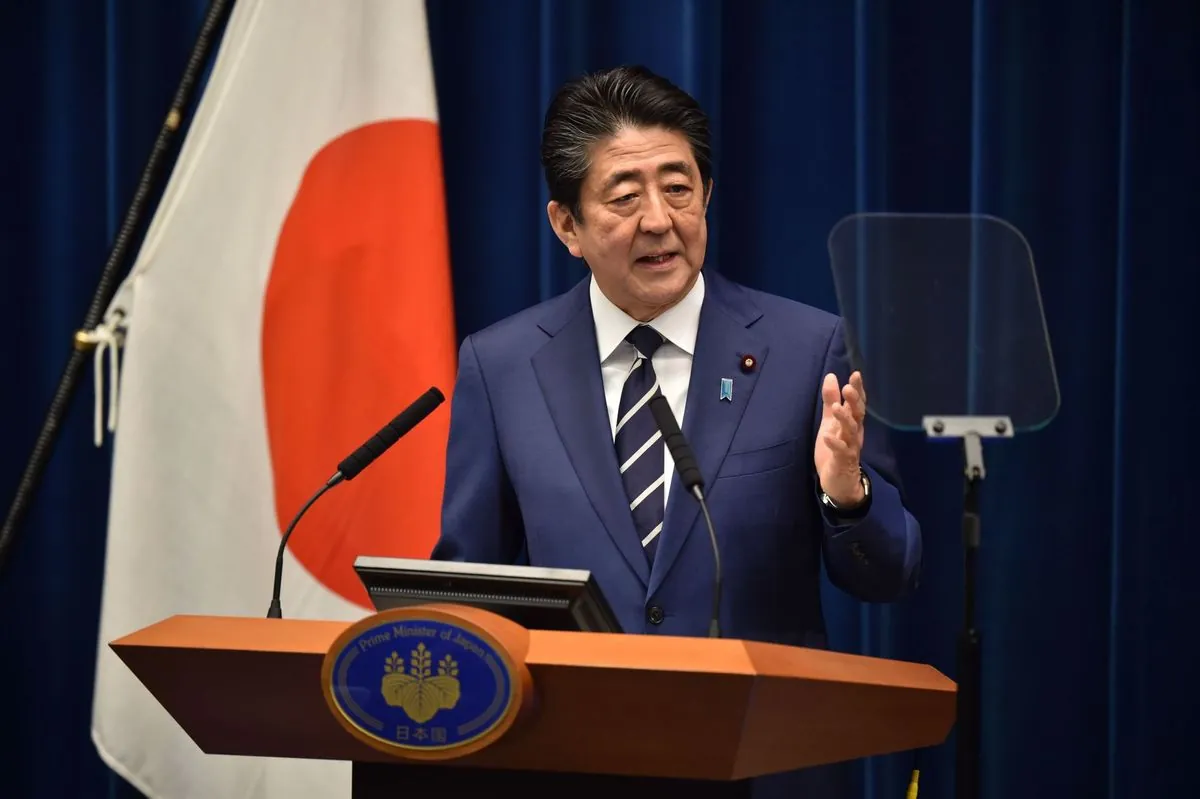Japan's LDP Prepares for Leadership Race as PM Kishida Steps Down
Japanese Prime Minister Fumio Kishida announces resignation, triggering LDP leadership election. Seven potential candidates emerge, representing diverse backgrounds and policy priorities in Japan's political landscape.

In a significant development in Japanese politics, Prime Minister Fumio Kishida has announced his intention to step down next month, concluding a three-year tenure marked by challenges and declining public support. This decision has set the stage for a leadership election within the Liberal Democratic Party (LDP), Japan's dominant political force since 1955.
The upcoming LDP leadership race has drawn attention to several potential contenders, each bringing unique experiences and policy priorities to the table. Among the frontrunners is Shigeru Ishiba, a 67-year-old former defense minister who leads in public opinion polls. Ishiba has expressed support for the Bank of Japan's gradual interest rate increases, a policy aimed at normalizing monetary conditions after years of ultra-low rates.
Toshimitsu Motegi, the 68-year-old LDP secretary-general, is another prominent candidate. With a background that includes roles as foreign, trade, and economy ministers, Motegi's experience in international negotiations, particularly during the Trump administration, could be a valuable asset.
The race also features younger politicians like Shinjiro Koizumi, the 43-year-old son of former Prime Minister Junichiro Koizumi. Appointed as environment minister in 2019 at the age of 38, Koizumi represents a new generation of Japanese leaders grappling with long-standing issues such as the country's aging population and environmental challenges.

Sanae Takaichi, the 63-year-old minister for economic security, brings a conservative perspective to the race. Her stance on historical issues, including visits to the controversial Yasukuni Shrine, reflects ongoing debates about Japan's wartime past and its impact on regional relationships.
Taro Kono, 61, known for his efforts to modernize government technology, and Yoko Kamikawa, 71, the current foreign minister, are also potential candidates. Kono's push to phase out outdated technologies like floppy disks in government offices highlights the need for technological advancement in Japan's public sector.
The diverse field of candidates reflects the complex challenges facing Japan, including economic revitalization, demographic shifts, and geopolitical tensions. The next LDP leader, who is likely to become prime minister given the party's parliamentary majority, will need to navigate these issues while addressing public concerns and maintaining Japan's international standing.
"We must focus on revitalizing our economy while ensuring our national security in an increasingly complex global environment."
As the LDP prepares for this crucial leadership election, the outcome will not only determine Japan's next prime minister but also shape the country's approach to critical domestic and international issues. The election, scheduled for next month, promises to be a pivotal moment in Japanese politics, with implications extending far beyond the party itself.


































